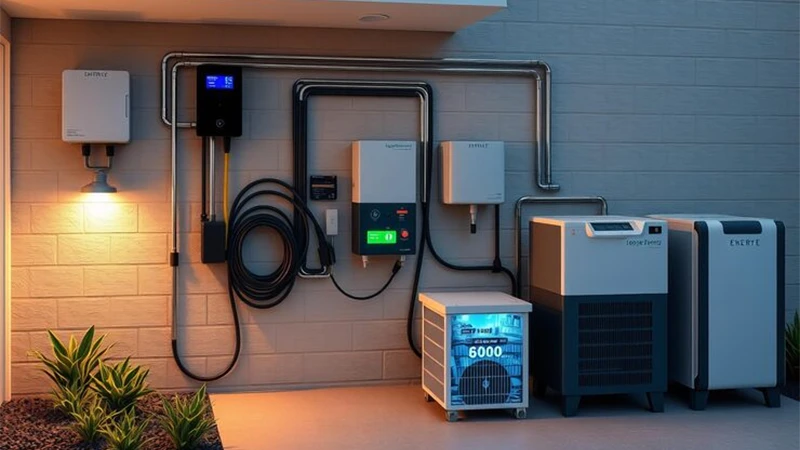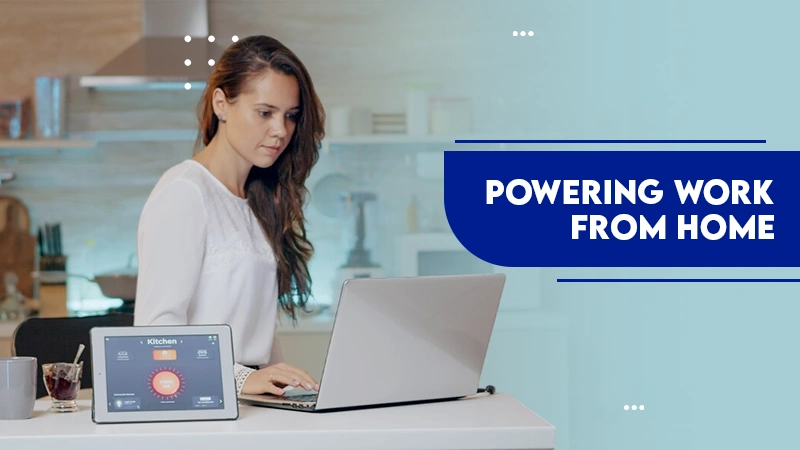Why Repairing is Sustainable
Repairing your household appliances is not just good for your wallet, but also for the planet. By fixing broken appliances instead of throwing them away, you reduce waste and contribute to a more sustainable lifestyle. Plus, you extend the lifespan of your devices, meaning you won’t need to buy new ones as often. This fits perfectly within the trend of sustainability and the circular economy, where we aim for reuse and recycling instead of disposal.
The Benefits of DIY Repairs
Cost Savings
One of the biggest advantages of repairing things yourself is the cost savings. New appliances can be quite expensive, while replacing a single part is often much cheaper. With a bit of skill and the right parts, you can perform many repairs yourself without needing to call in a professional.
Self-Reliance
By doing repairs yourself, you become more self-reliant. You learn how your devices work and how to fix small issues before they become bigger problems. This not only gives you a sense of accomplishment but can also be handy in emergencies.
Less Waste
Every time you repair an appliance instead of replacing it, you prevent another piece of electronics from ending up in a landfill. This helps reduce e-waste, which is a growing problem worldwide.
How to Start with DIY Repairs?
Identify the Problem
The first step in any repair is identifying the problem. Sometimes this can be simple, like a broken button or a loose wire. In other cases, it might require more research. Fortunately, there are countless online resources available to help you diagnose issues with household appliances.
Find the Right Parts
Once you know what’s wrong, you’ll need the right parts to carry out the repair. Online suppliers offer a wide selection of spare parts and accessories for various household appliances. Whether it’s a new motor for your vacuum cleaner or a replacement door seal for your fridge, you’re likely to find exactly what you need.
Follow a Manual
Many manufacturers provide detailed manuals and instructional videos to guide you through the repair process. These can be incredibly helpful, especially if you’re new to DIY repairs. Make sure to follow all steps carefully to avoid further damage to the appliance.
Tips for Successful Repairs
Safety First
Safety should always come first when performing any repair. Ensure that the appliance is completely turned off and unplugged before you start working on it. Wear protective clothing if necessary and use tools properly to prevent accidents.
Stay Organized
Keep all screws and small parts organized while disassembling the appliance. Use trays or magnetic mats to keep everything in one place so nothing gets lost.
Be Patien
Repairs can sometimes take longer than expected, especially if this is new territory for you. Be patient and take your time with each step. Rushed decisions can lead to mistakes that are harder to fix.
Innovations Making Repairs Easier
Technological advancements have made DIY repairs more accessible than ever before. From online tutorials to 3D-printed parts, there are countless innovations making it easier to get started with repairs.
Online Tutorials and Communities
There are numerous online platforms where people share their knowledge about how they’ve repaired different devices. These communities can offer valuable tips and support when you’re stuck during a repair.
3D-Printed Parts
With 3D printing technology, you can now even print some parts at home if they’re not readily available. This opens up new possibilities for custom solutions and quick replacements without long wait times.By diving into DIY repairs, you’re directly contributing to a more sustainable world. It not only extends the life of your devices but also reduces waste and saves money. So what are you waiting for? Grab that screwdriver and discover how fun and rewarding DIY repairs can be! For all your needed parts, check out Fixpart.co.uk.





